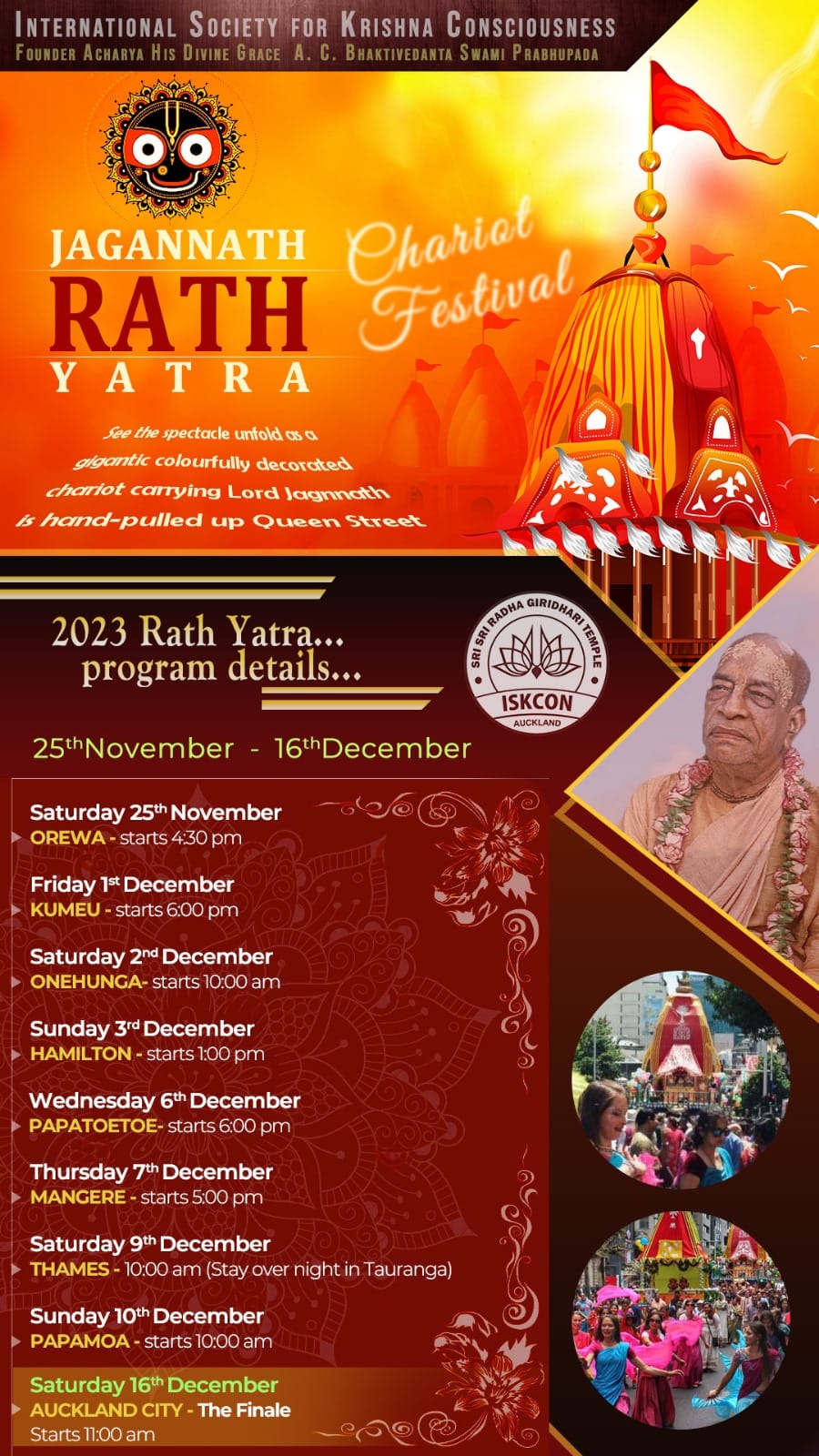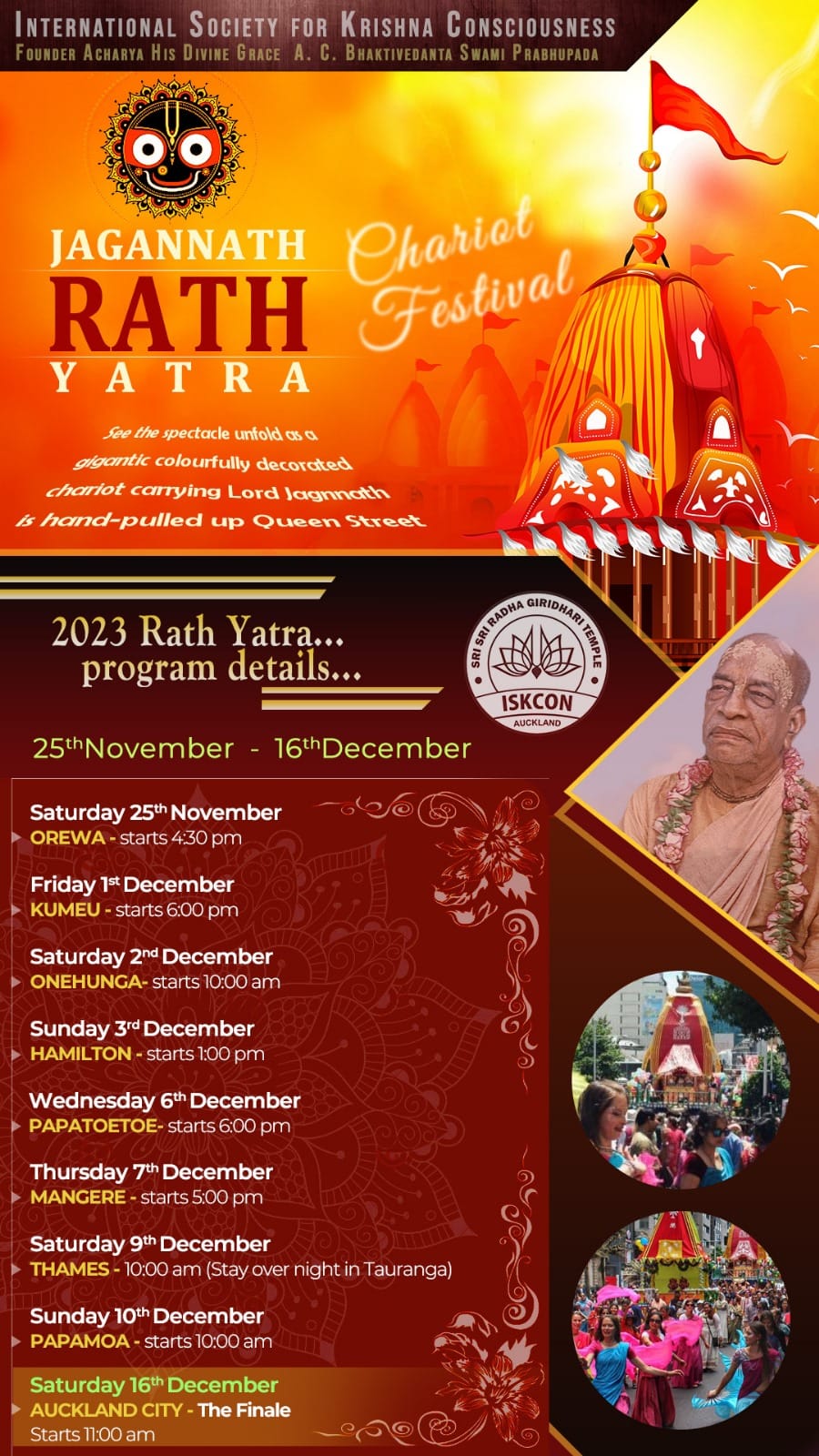Podcast:
Transcription
Question How can should they go swimming be a moonest as the baba mentions if he was rather aunties parrot in his previous life. And he monitors don’t get attracted to the Lord so how how did he become attracted towards the Lord?Also from part translates as a great devotee.
But then he also says he’s a bonus. So how do you understand this?
Yeah these I don’t think there is any easy answer but. My understanding is that.
What once passed has been does not necessarily immediately reflect in this life, that means say for example. We had the example of Jaya, Vijay there is a total associate of the Lord but they act as demons we can see that’s because of a curse that’s true, but still their past doesn’t immediately reflect in their lives, this would be Bhakti Vinod Thakur he was a manjari but then if you look at the way his life journey is when he very appears at a particular time he appears within that cultural and it literally cause and then he outgrows that cultural intellectually thoughts. So he becomes a respected member of the Bhadra loca and then he goes beyondtThe orientation of the Bhadra loca either look down at India traditional culture or to look only towards universalist holistic impersonalist kind of tne non literal metaphorical kind of readings of that tradition. He becomes a Gaudiya Vaishnava. So similarly that Sukadeva Goswami is a eternal associate of the Lord as a parrot of Radharani,that reality doesn’t have to necessarily reflect immediately in the way he appears in this world.
By the Lord’s arrangement, for teaching particular particular people at particular times or at what is a particular lessons the if the Lord’s devotee might appear to be covered in particular ways and their journey of uncovering of their conditioning can become the guiding light for others. So Bhakti Vinod Thakhur journey from Bhadra loca member to a Gaudiya Vaishnava and inspired many others also to at least explore Gaiduya vaishnavism if not commit to them.
So similarly, in general the impersonalist tendency is the the common tendency especially among those who are renounciates without common it is still there. So for those who are of that orientation when they hear about Sukadeva Goswami’s journey from impersonalism toward personalism, then they become inspired by that.
So the manifestation of the unconditioning or the manifestation of the removal of the conditioning is what is indicative of the journey in this life not It’s a journey of the soul over multiple lifetimes.
So for us condition souls, our unconditioning if we use that unconditioning word or removal of conditioning continues or multiple lifetimes but for great devotees, in this life they are going to some condition and then they come out of their condition so it cannot even call conditioning in the normal sense of the word because it is by the Lord’s arrangement and not because of one’s own misuse of freedom.
So now, How did he have attraction to the Lord? Well monists in the sense of Bramhavadis are not offensive. Krishna talks about them in 12.4 and 12.5 in BG,
te prapnu vanti eva, Krishna says sarva bhute hite ratah, they too attain me.
Commentators explained that, they attain me can refer to their attain to impersonal manifestation of Krishna, which is also non different from Krishna or if they are fortunate enough to get some association of devotees then they may also attain Krishna, ultimately. So we know also know that Sukadeva Goswami heard Krishna katha from who had heard from Vyasadev, that’s how you he got attracted that’s how you ultimately attain Krishna. So similarly there is a journey over there and because of Bramhavadis are not offensive about the seed of bhakti cans sprout in their heart and manifesting into prema.
As far as Prabhupada’s specific translation is concerned sometimes Prabhupada talks about things in terms of their essential conclusion or their essence not necessarily in terms of technical precision. So Prabhupada is talking about Sukadeva Goswami has a great devotee in the sense that he is at that particular time he might not be a great devotee but he is his defining identities as a great devotee. And it’s a manifestation of Prabhupada’s devotion that he’s able to see devotion even in places where it may not yet be manifest it’s lecture than a Mahaprabhu just like Chaitanya Mahaprabhu when he was on the way to Vrindavan, he saw every forest as Vrindavan, every river to Jamuna, every hill to be Govardhan. How those who are not actually speaking those things.But it is the glory of his vision.
Similarly we see it as glory of Prabhupada’s devotion, that he doesn’t just see things in their particular particularities isolated from the bigger context ,he sees things almost everything in connection with ultimate conclusion. At the same time that doesn’t mean he obscures what the thing is in itself, that’s why the apparent contradiction of having both monist and great devotee it presently a monist but eventually or eternally he’s a great devotee.
Thank you.
End of Transcription.












 By Vijaya Dasa
By Vijaya Dasa





